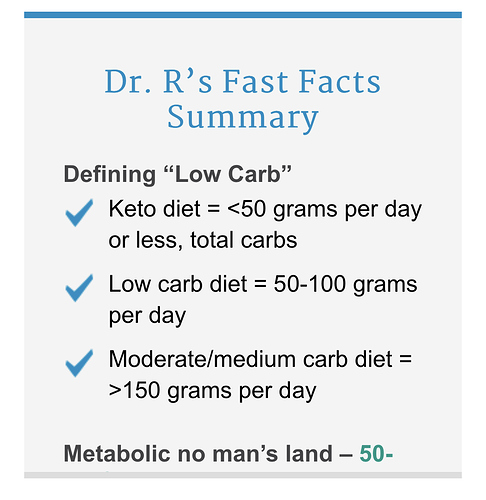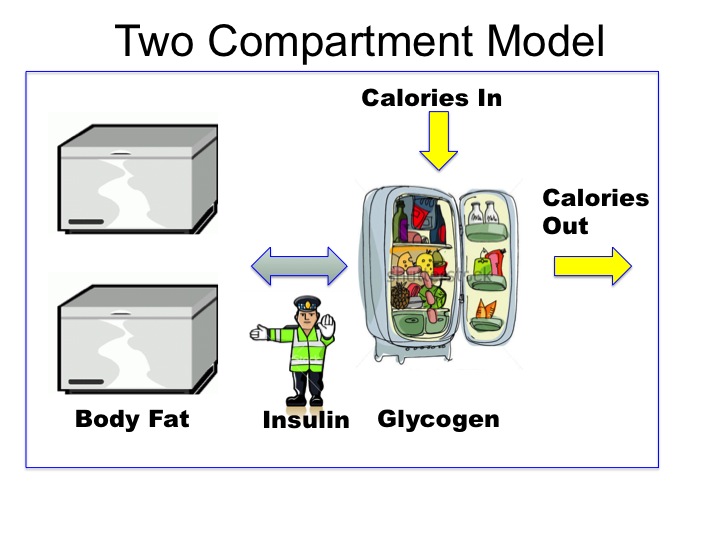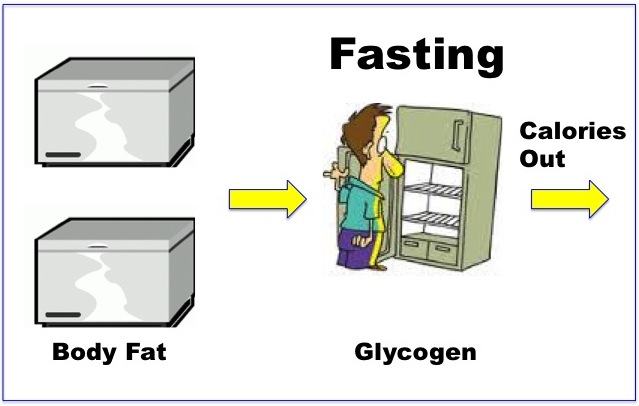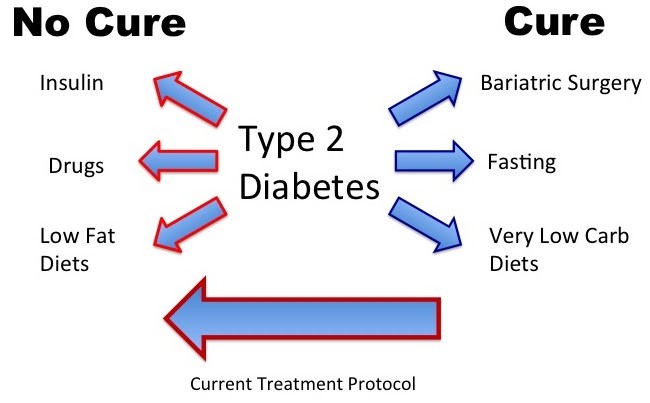I had mentioned this in one of my posts before about 20 grams of carbs per meal at 3 meals per day for 3 days being only to kick start a person into ketosis and not really intended as an extremely long-term regimen as you can see from the numbers Dr. Ruscio gives below 50- (minus) being “Metabolic no man’s land”:
That said I see many people on the forum talking about being unable to maintain the type of keto practiced on the forum; not sure if they are thinking that this is the only way to to do a ketogenic diet for weight loss vs. medical health reasons or just to be healthy? Just one of those subtle things I am noticing…
Dr. Ruscio 2 Comments Category: Diet & Lifestyle, Podcasts
Carbs vs. Keto Debate with Dr. Eric Westman and Dr. Mike Nelson:
Do you need healthy carbs to feel your best? Or, should you be ketogenic and very low carb? A case can be made for either so I decided to organize a debate between two experts to represent these respective views. This was a very fun and interesting conversation I am sure you will enjoy.
Episode Intro:
Dr. Michael Ruscio, DC: Hey everyone, welcome to Dr. Ruscio Radio . This is Dr. Ruscio. Today I’m here with Dr. Mike T. Nelson and Dr. Eric Westman. And we’re going to be talking about carbs. And two things I’m hoping to get out of this conversation. What can people doing a very low carb keto type diet do if they’re not feeling well on that diet and what I’ve termed a low carb triage list and then also have a very friendly debate over the merits and potential detriments of lower carb intake versus higher carb intake. And I’m really excited to get the ball rolling and to introduce Dr. Westman. We met at Low Carb U.S.A. and he asked some really challenging questions when we were both down there. So I said, you know what this would be a good conversation for us to have in front of an audience so that we can all learn something. So that is how Eric and I had met. But, Eric, for people who haven’t heard of you before, would you please tell us a little bit about your background?
Dr. Eric Westman: Sure. I’m a professor of medicine at Duke University. I’ve been at Duke for 28 years now. I’m a clinical researcher. My primary research is in smoking cessation for about ten years, nicotine research and now diet research for about ten years. So I’m still a professor in medicine with students and residents and have a busy clinical practice. After eight years of clinical research, we opened a lifestyle medicine clinic that basically uses a low carb, high fat or keto approach for all sorts of medical issues. So my vantage point comes from the treatment of problems, medical problems mainly in a therapeutic way using diet as – I find – the most powerful tool we have. …More





